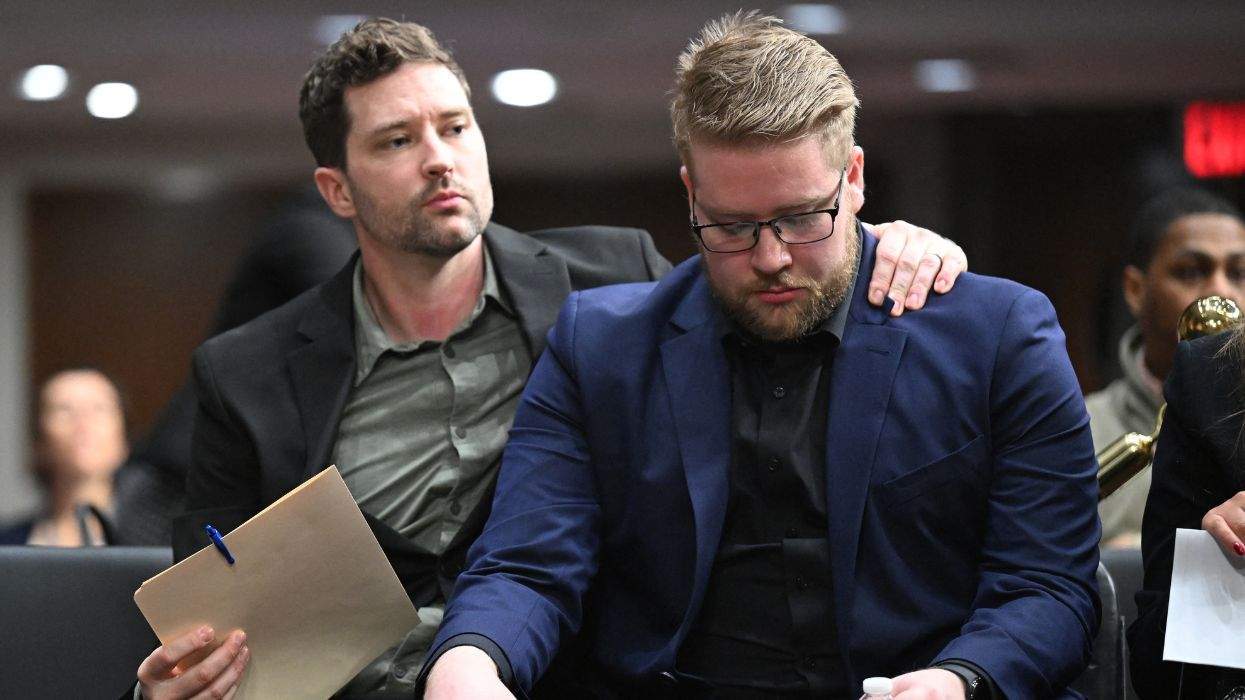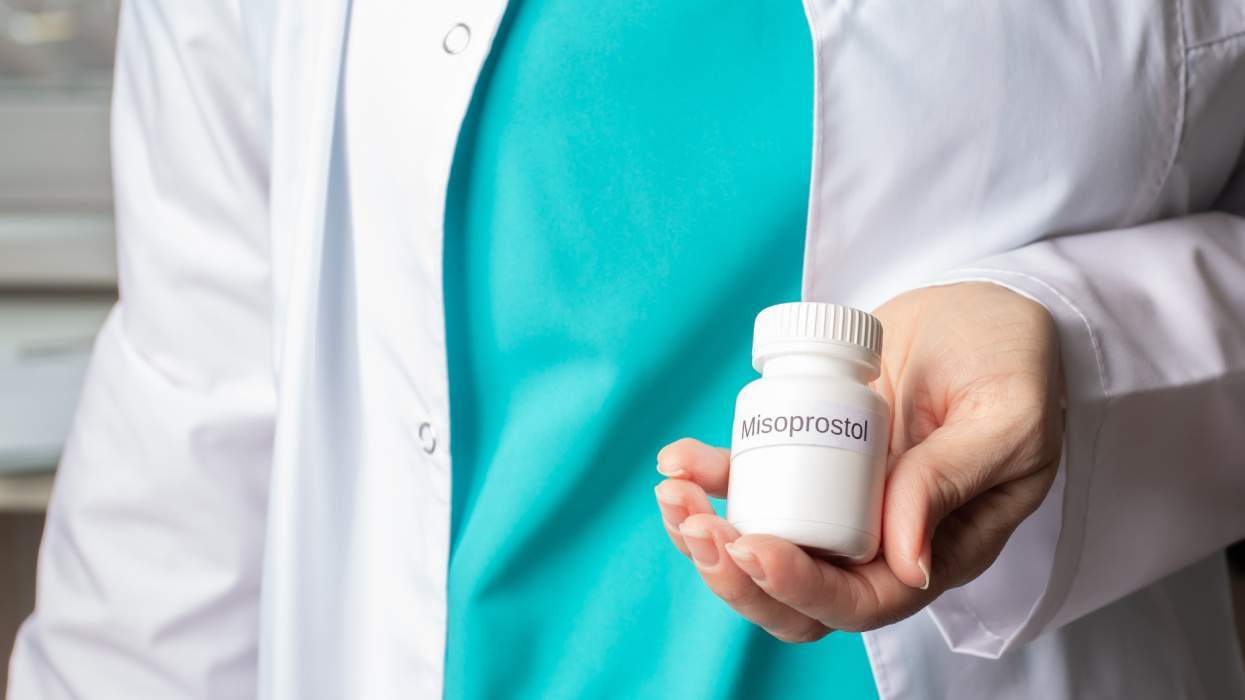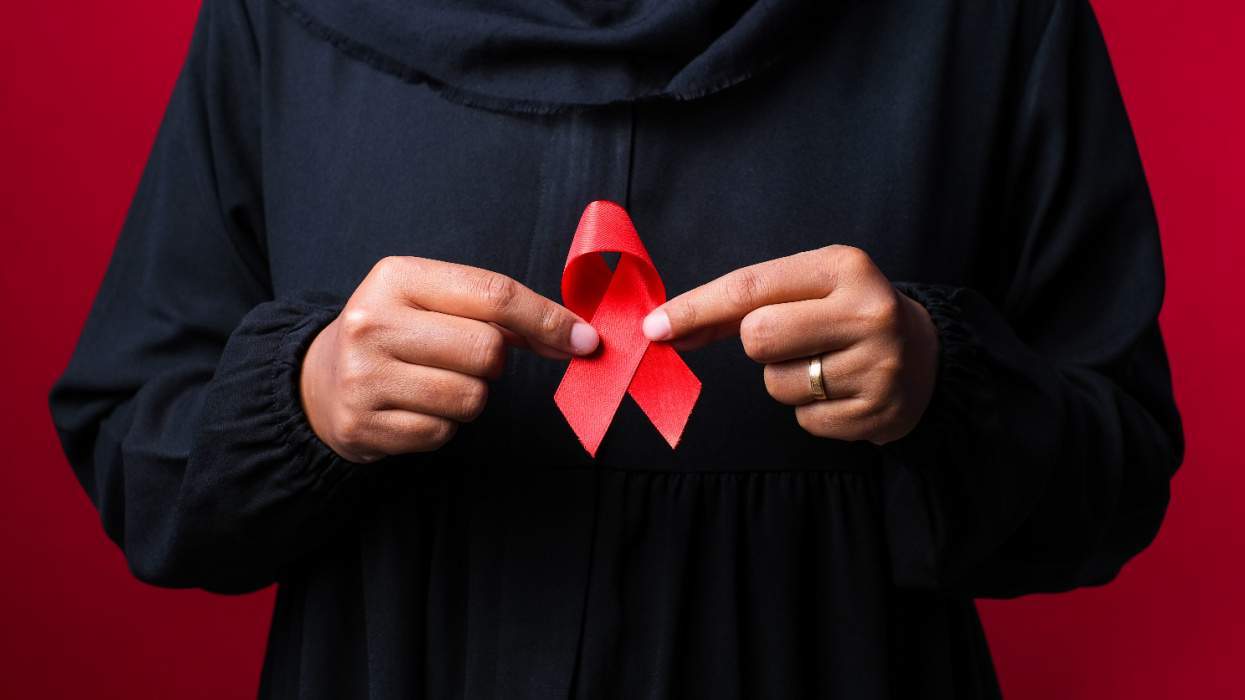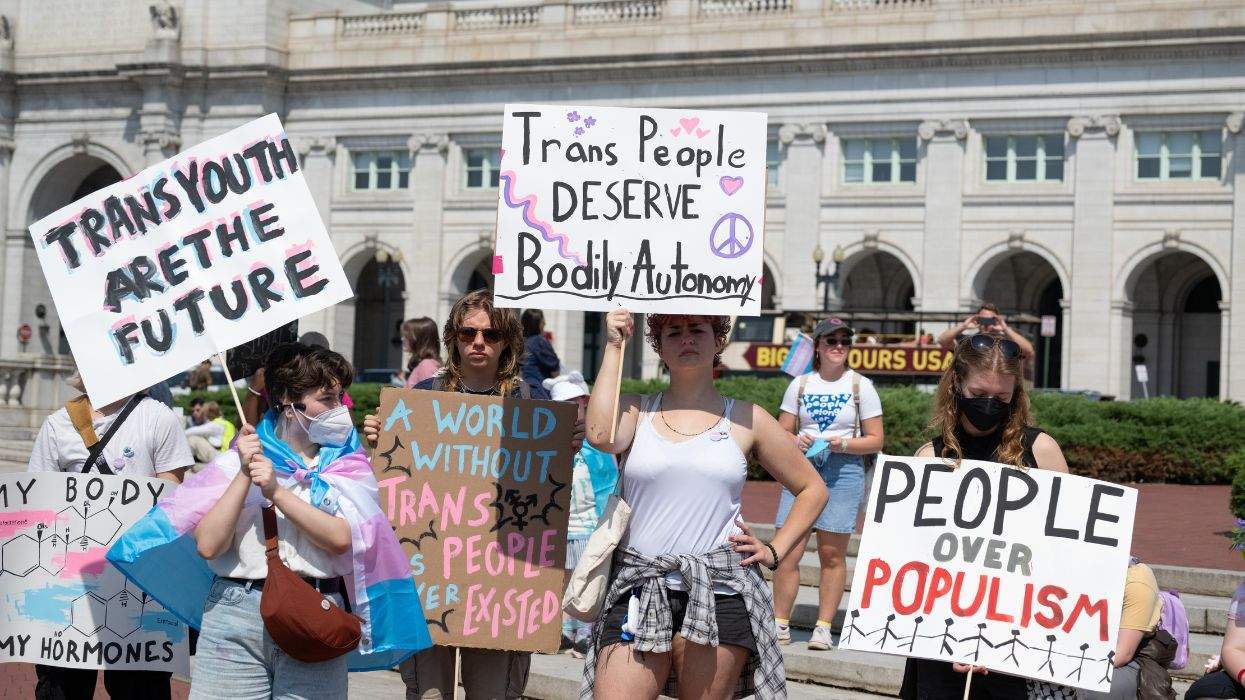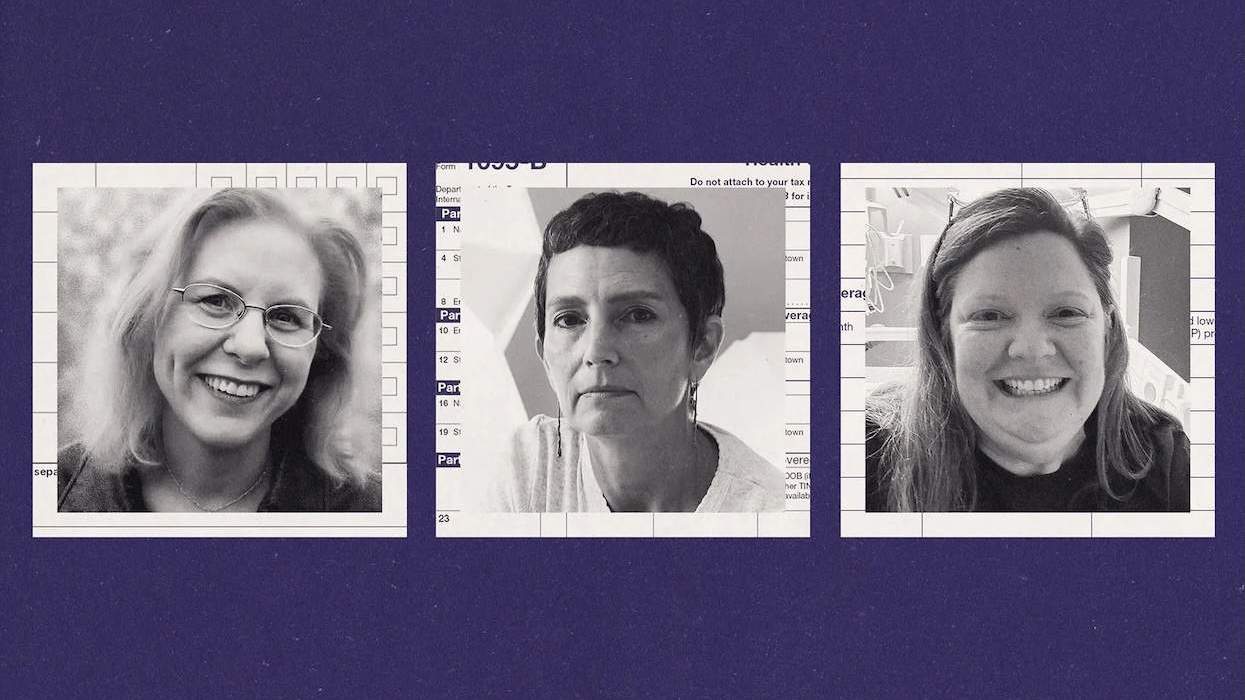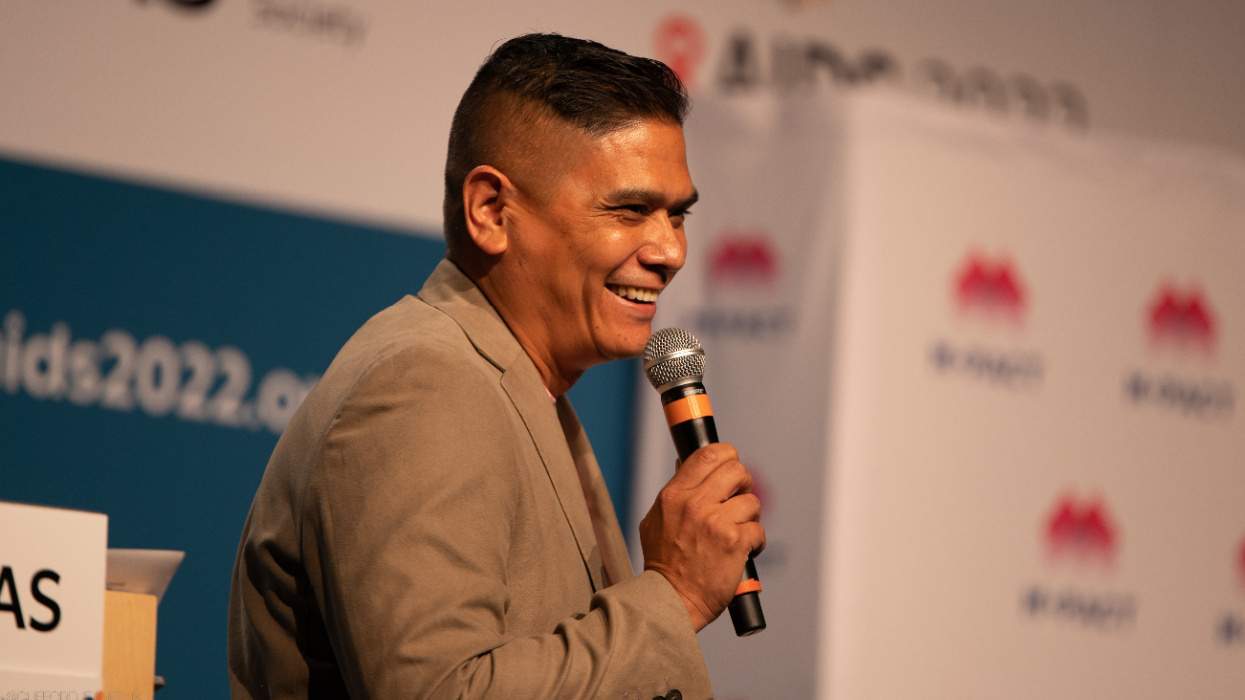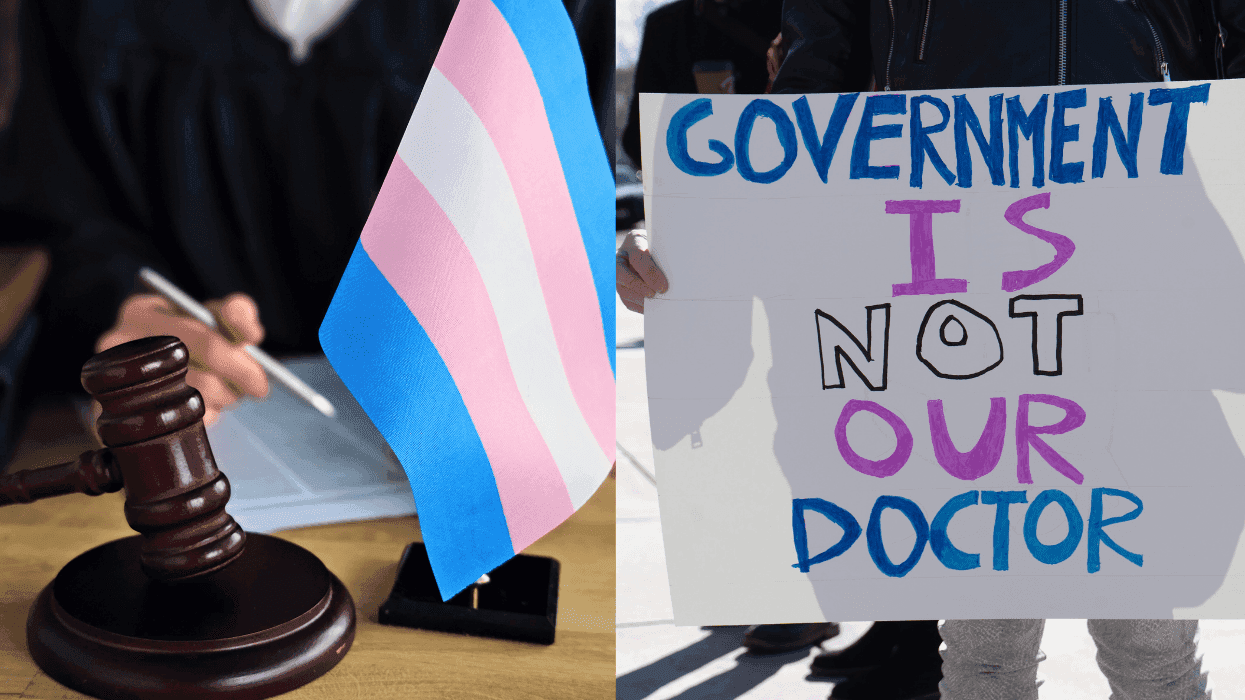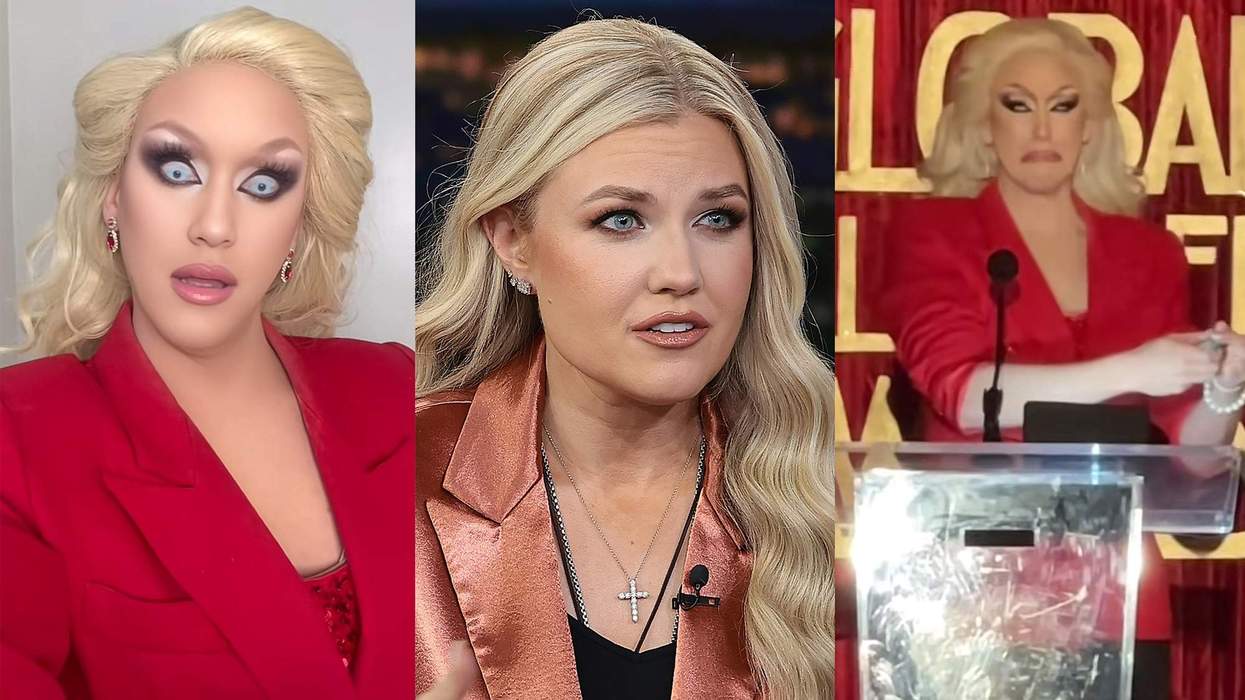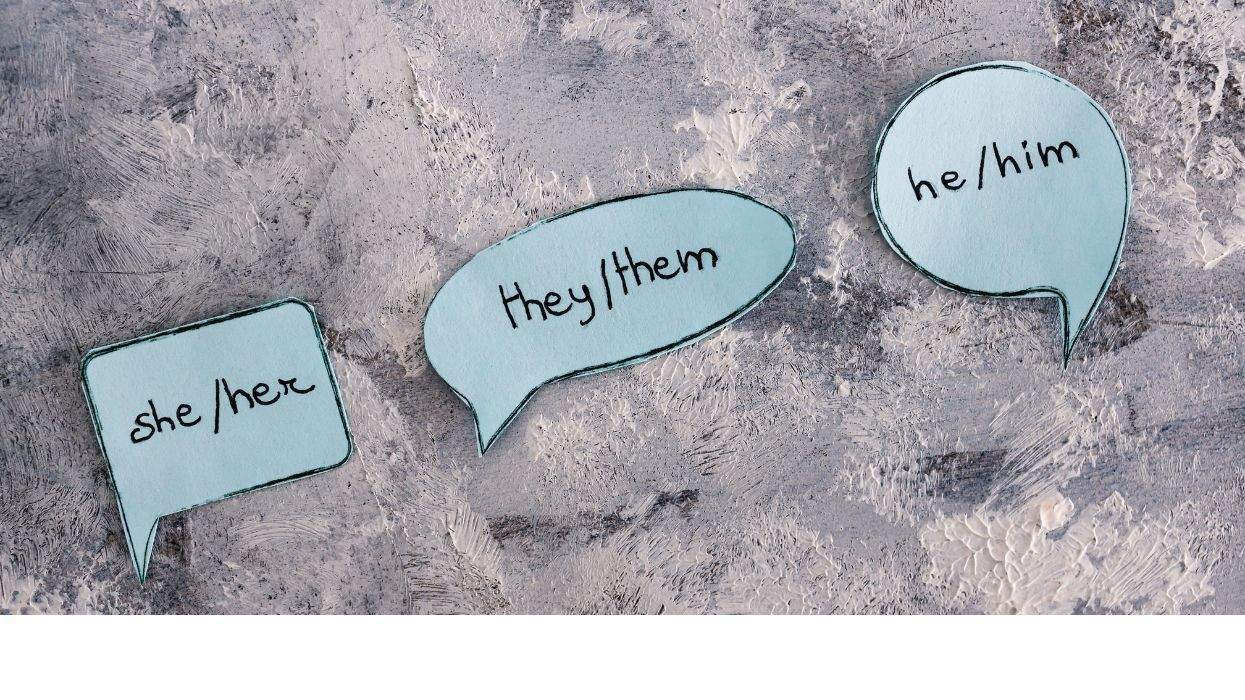In response to the COVID-19 pandemic and resulting blood shortage, the Food and Drug Administration has shortened the deferral period for gay and bisexual men who want to donate blood.
Men who have sex with men should now be able to donate blood if they have not had sex with another man in the past three months, down from a year under the previous FDA recommendation. At one point MSM were barred from donating blood altogether, under policies adopted at the height of the AIDS epidemic and before there was a reliable way to screen blood products for HIV.
The FDA announced the new guidelines today. "As a result of this public health emergency, there is a significant shortage in the supply of blood in the United States, which early implementation of the recommendations in this guidance may help to address (even though the recommendations in this guidance are broadly applicable beyond the COVID-19 public health emergency)," reads a document posted on the FDA website.
Also, an email from the FDA notes, "Based on our evaluation of the totality of the scientific evidence available, we are revising the 2015 recommendations for reducing the risk of HIV transmission by blood products including: For male donors who would have been deferred for having sex with another man; the agency is changing the recommended deferral period from 12 months to 3 months." This change will also apply to female donors who would have been deferred for having sex with a man who had sex with another man, and it applies to plasma as well.
The guidelines are nonbinding, so some blood banks may maintain more stringent policies, and there may be a lag time before they put new policies in place. "People shouldn't expect this will be [the case] tomorrow," Lambda Legal attorney Scott Schoettes said on a conference call with reporters today.
LGBTQ organizations and many elected officials have called for a deferral period based on identity to be ended altogether and replaced with one based on individual risk assessments, but they said today's announcement represents progress.
"LGBTQ Americans can hold their heads up today and know that our voices will always triumph over discrimination," said GLAAD President and CEO Sarah Kate Ellis in a press release. "This is a victory for all of us who raised our collective voices against the discriminatory ban on gay and bisexual men donating blood. The FDA's decision to lower the deferral period on men who have sex with men from 12 months to 3 months is a step towards being more in line with science, but remains imperfect. We will keep fighting until the deferral period is lifted and gay and bi men, and all LGBTQ people, are treated equal to others."
GLAAD launched a petition in March calling for an end to the current ban following U.S. Surgeon General Jerome Adams's urgent call for donations during the COVID-19 crisis. The petition has over 20,000 signatures, and members of Congress including Rep. Alexandria Ocasio-Cortez, Rep. Carolyn Maloney, Sen. Tammy Baldwin, Sen. Elizabeth Warren, and Sen. Kamala Harris have spoken out.
Ocasio-Cortez and House Oversight and Reform Committee Chairwoman Carolyn Maloney penned a letter Wednesday urging an end to the ban, saying, "This antiquated policy is not based on current science, stigmatizes the LGBTQIA+ community, and undermines crucial efforts to increase the nation's blood supply as the United States grapples with the coronavirus crisis." Major health care organizations have said the ban is based not on science but on discrimination.
The Human Rights Campaign, Lambda Legal, and other activist groups have called for a new policy. On the conference call, officials from these groups said today's announcement is a step in the right direction, but they called for more changes. "These are just incremental steps," Schoettes said.
The FDA, they said, plans to start a trial of a questionnaire that will assess individuals' risk for HIV and other blood-borne infections. For instance, unprotected receptive anal sex remains a high-risk activity for HIV transmission, the activists noted. But excluding donors based on their identity does not take into account HIV prevention measures people may take, such as use of condoms and pre-exposure prophylaxis (PrEP) drugs.
And there will always be some deferral period for people who engage in high-risk behaviors, Schoettes noted. Testing of donated blood does not immediately identify all infections; there is a window in which these infections will not show up.
The activists noted that they had long been calling for a blood donation policy that is based on individual risk factors rather than discriminating against an entire group of people. "It shouldn't have taken a pandemic and the resulting urgent blood shortage," Sen. Baldwin said on the conference call.
Baldwin and others on the call also denounced Donald Trump's decision not to establish a special open enrollment period for health insurance under the Affordable Care Act, given that so many Americans have lost their jobs and therefore their insurance due to business closures during the pandemic. Open enrollment usually happens only in November and December.
"While the FDA has taken a step forward ... President Trump continues to fail," said HRC President Alphonso David. He called on Trump to open the exchanges where Americans can obtain insurance under the ACA, and Baldwin said she is committed to working for policy that assures all people in the nation can have affordable, high-quality health care.

